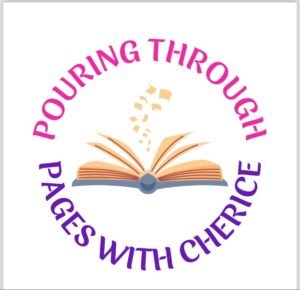Writer’s block strikes when the words won’t come, the blank page feels like an insurmountable wall, and every attempt to write feels forced or inadequate. It’s one of the most frustrating experiences for anyone who writes, whether you’re crafting a novel, working on an essay, or trying to compose a simple email.
The root causes of writer’s block often stem from perfectionism, fear of judgment, or feeling overwhelmed by the scope of a project. Sometimes, it’s simply mental fatigue or trying to write when your creative energy is depleted. Understanding that writer’s block is a regular part of the creative process can help reduce the anxiety that often makes it worse.
Strategies for Breaking Through
When you’re stuck, try changing your physical environment. Move to a different room, coffee shop, or even write outdoors. Sometimes, a simple change of scenery can shift your mental state and help words flow again.
Lowering the stakes can be incredibly effective. Instead of writing the perfect opening paragraph, permit yourself to write badly. Tell yourself you’re just drafting, exploring ideas, and getting thoughts down on paper. You can always revise later but can’t revise a blank page.
Free writing is another powerful technique. Set a timer for 10-15 minutes and write continuously without stopping to edit, correct, or even think too hard about what you’re saying. Let your thoughts spill onto the page, even if they seem disconnected or messy. This practice often unlocks ideas you didn’t know you had.
Prevention Techniques
Establishing a consistent writing routine helps prevent writer’s block before it starts. Write simultaneously each day, even if it’s just for 15 minutes. This trains your brain to be ready for creative work at that designated time.
Keep your creativity full by reading widely, conversing, taking walks, and exposing yourself to new experiences. Writer’s block sometimes occurs when you’ve exhausted your current pool of ideas and need fresh input.
Break large projects into smaller, manageable tasks. Instead of “write chapter three,” try “describe the main character’s morning routine” or “draft the dialogue between Sarah and her mother.” Smaller goals feel less overwhelming and provide more frequent wins.
Don’t wait for inspiration to strike. Inspiration often comes from the act of writing itself, not before it. Please visit the page regularly, even when you don’t feel like it, and trust that the words will come as you work.
Finally, remember that writer’s block is temporary. Every writer, from novices to bestselling authors, experiences it. Be patient with yourself, try different strategies, and remember that sometimes the best thing you can do is step away from your writing for a while and return with fresh eyes.

